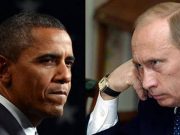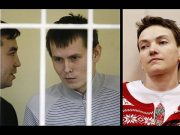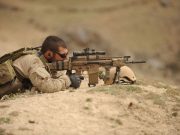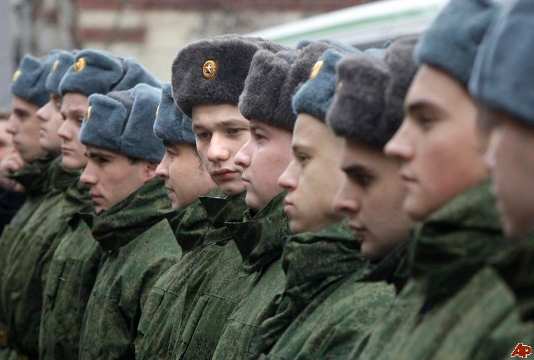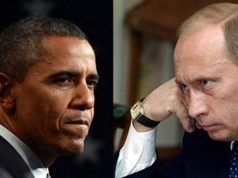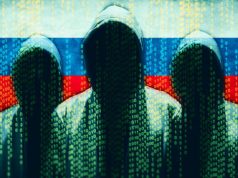When Alexander was due to finish his year of mandatory military service in October, his commander told him he had no choice: He had to sign a contract to extend his stay in the army and head to southern Russia for troop exercises.
The 20-year-old knew that meant he might end up fighting alongside pro-Russian separatists in eastern Ukraine. Other soldiers he talked to had been sent there.
His commanders “didn’t talk about it, but other soldiers told us about it, primarily paratroopers who had been there,” Alexander said in an interview with The Associated Press, which is not using his surname for his safety.
The former private first class ended his military service earlier this month. He avoided being sent to Ukraine — although not without first being threatened with prison for desertion.
Human rights groups have received dozens of complaints in the past month alone from Russian conscripts like Alexander who say they have been strong-armed or duped into signing contracts with the military to become professional soldiers, after which they were sent to participate in drills in the southern Rostov region.
“We receive messages from all over in which (soldiers) say that they’re being sent again to Rostov for military exercises,” said Valentina Melnikova, head of the Committee of Soldiers’ Mothers, a group with a three-decade history of working to protect soldiers’ rights.
“Those who have been there (to the Rostov region) before know that in actual fact it means Ukraine.”
Because only contract soldiers can legally be dispatched abroad, worries are spreading among families that inexperienced young conscripts could be sent to fight in eastern Ukraine.
While Russia has denied it is sending arms and troops to support the separatists, since the summer dozens of soldiers have been reported killed by explosions during drills in the Rostov region — deaths that rights groups actually attribute to the conflict over the border in Ukraine. Weapons appear to flow freely across the frontier, and one group of Russian paratroopers was even captured in August, 50 kilometers (30 miles) inside the war zone.
So far, the Russian government has been able to keep a tight lid on information about any soldiers in eastern Ukraine through a shroud of official denials, harassment of independent reporters who cover the deaths, and carrot-and-stick pressure on the families of those killed. But rising concerns among families with young sons could pose a risk for President Vladimir Putin.
More than 5,600 people have been killed since April in the fighting between Ukrainian troops and the rebels. It is unclear how many Russian soldiers have died in the conflict, as the Defense Ministry has rejected rights groups’ requests on the number of soldiers killed on duty in 2014. But the rising casualty count among Russian soldiers specifically could prove decisive in Putin’s thinking as he comes under pressure to prevent an expansion of the conflict that might put more Russians in the line of fire.
“This is a conflict that reaches pretty deep into the psyche of the Russian people. It’s not a foreign conflict. … It’s something very close to home,” said Dmitri Trenin, an analyst at the Carnegie Endowment in Moscow. “This is something that’s at the back of a lot of people’s minds, and in particular, people with sons of draft age are worried.
“Military conquest, in my view, would not be supported by the Russian people, and I think everyone knows it,” he added.
Source : Associated Press






